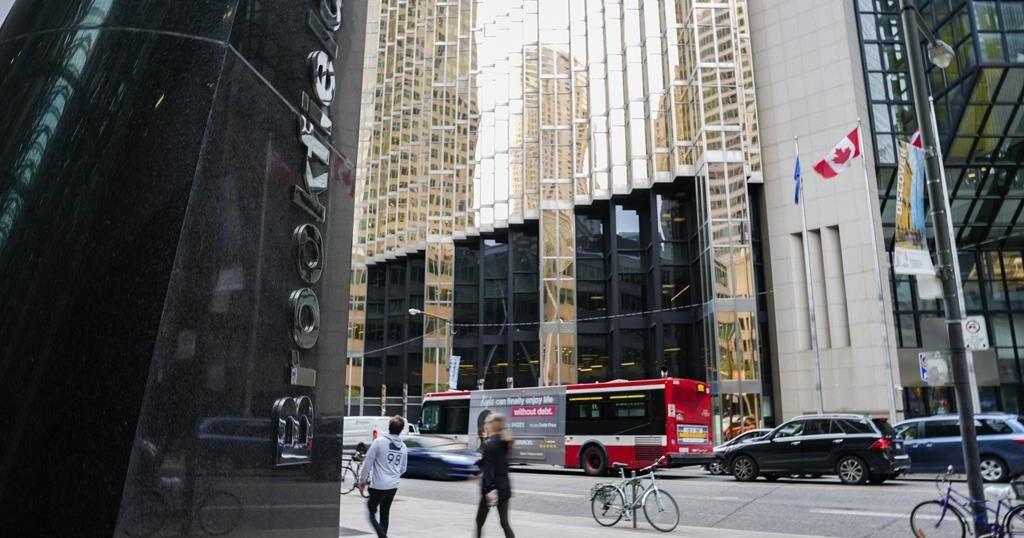(Bloomberg) — South Korea’s growing direct overseas investment is among the factors piling pressure on the won amid its slide to its lowest levels since the aftermath of the global financial crisis.
While the Federal Reserve’s rapid policy tightening is the most obvious reason strengthening the dollar against a whole host of currencies across the globe, Korea’s foreign direct investment is a lesser-known long-term factor weighing on the won.
Foreign outflows are likely to keep increasing as Korean firms look to expand overseas given the slowing domestic market and pressure from the US to invest more in operations there.
The nation plowed a net $89 billion into economies overseas via direct foreign investment and purchases of stocks and bonds in the 12 months to August, a nine-fold increase from a decade ago, according to the country’s balance of payments data.
That has contributed to a depreciation in the South Korean currency. The won recently hit its weakest since March 2009, despite the Bank of Korea stepping in to help curb losses through repeated interventions. The won has been Asia’s worst performer after the yen this year.
The possibility of more outflows poses a challenge for a central bank that is increasingly concerned about a weaker won raising import prices and fueling inflation. The BOK meets next week and may need to return to larger rate increases to help support the currency by closing the gap with US rates.

“We used to be worried only about foreigners leaving, but now there’s a lot we have invested abroad and we plan to make the case that bringing it back is good for both investors and the national economy,” BOK Governor Rhee Chang-yong told lawmakers. “If our overseas investment is repatriated, it gives us more room to not raise rates.”
Rhee didn’t propose steps to encourage repatriation of investment during his comments. The Finance Ministry on Monday denied a Yonhap news agency report that the government was looking into tax breaks for investors who bring back money after selling shares abroad.
“If overseas investment increases continuously over the long term, excess demand for dollars piles up and eventually serves as a factor raising the currency rate,” said Min Kyunghee, a researcher at the Korea Chamber of Commerce and Industry in Seoul. “It seems unlikely the rate will drop sharply even if the Fed eases tightening later depending on economic situations.”
Outward Bound
While the more volatile swings of the larger portfolio investment flows typically gain more attention among market watchers, the steadier building up of FDI presents more of a structural weakening factor.
Korea is investing more money overseas compared with many other nations. The country’s annual outward FDI as a proportion of gross domestic product is the highest among Asia-Pacific countries tracked by the Organization for Economic Co-operation and Development. Among the Group of 20 nations, it trails only the UK, Germany, Russia and Canada.
In an indication of the increase in operations abroad, sales by Korea’s overseas corporate units rose 71% to $368 billion in 2019 from $215 billion in 2010, with key products such as semiconductors, smartphones and cars accounting for almost two thirds of the gain, BOK researchers said.
The growing competition between the US and China is another factor pushing Korean firms to invest overseas, with companies such as Samsung Electronics Co. particularly vulnerable to US pressure because they rely heavily on American technology and equipment to produce semiconductors, batteries and other goods.
Korea’s direct investment in the US amounted to a net $28.4 billion in the past year, a near five-fold increase from a decade ago, according to data from the Export-Import Bank of Korea. In the same period, investment in China rose two-fold to $7 billion, the data showed.
Even more Korean money may flow to the US as the administration of President Joe Biden expands efforts to reshore manufacturing. Korea’s high-tech firms are pivotal to the American effort to realign Asian supply chains to reduce reliance on China.
In May, Biden visited a Samsung chipmaking plant in Korea and touted Hyundai Motor Co.’s pledge to invest more than $10 billion in the US. Last month when Korean President Yoon Suk Yeol visited the US, the chairman of SK Inc. Chey Tae-won said in Washington that his conglomerate plans to raise investment in the US to more than $50 billion by 2025.
“Direct investment has long-term, structural influence over capital flows,” said Choi Don-Seung, an economics professor at Andong National University in Korea. “How the US-China competition plays out will matter to the status of the dollar and how Korea positions itself will be important.”
Source link
Related

























